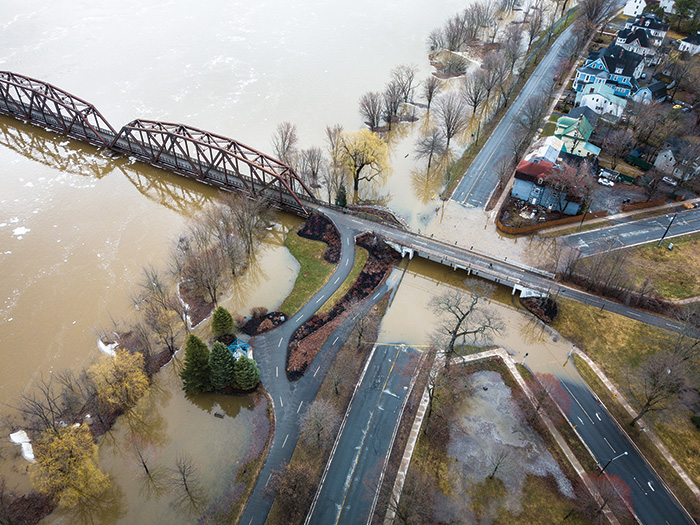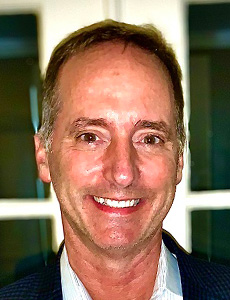
Richard Ashe, CPCU
Senior Vice President
Marsh, Syracuse, N.Y.
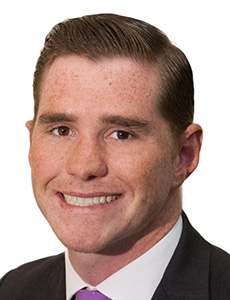
Collin Breeney
Vice President
Aon, New York
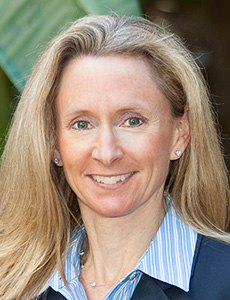
Amy Brutto
Principal & Client Executive
Marsh & McLennan Agency, San Diego, Calif.
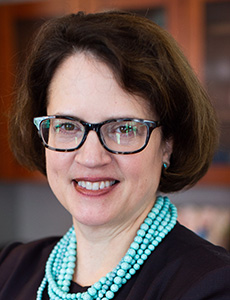
Laurie Champion, CPCU, ARMe
Managing Director
Marsh, Southfield. Mich.
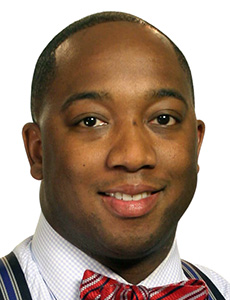
Lael Chappell
Director, Insurance Distribution
Attune, New York
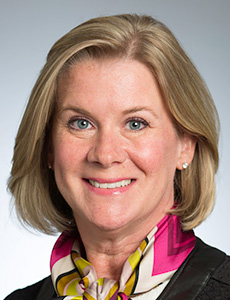
Deborah Charron, CIC
Senior Vice President
Marsh & McLennan Agency, Fort Lauderdale, Fla.
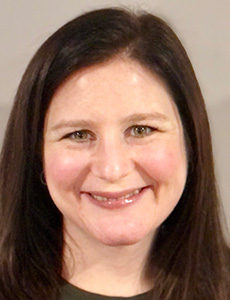
Cara Cortes
Senior Vice President
Marsh, Pittsburgh, Pa.
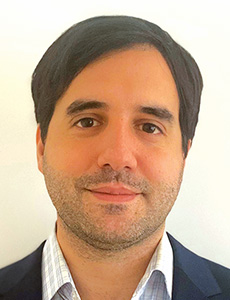
John Galanis, ARM
Senior Vice President
Aon, New York
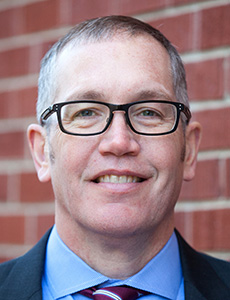
Phil Hoffmann, ARM
Managing Director
Aon, Milwaukee, Wis.
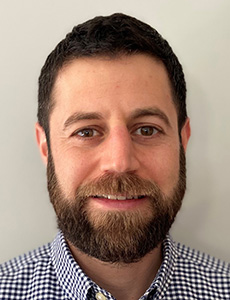
Tony Katz
Vice President
Aon, Chicago
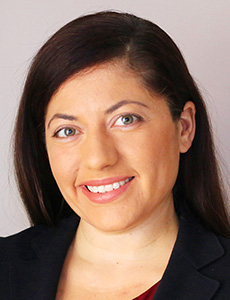
Rebecca LaFazia, CISR
Assistant Vice President
Risk Strategies, New York
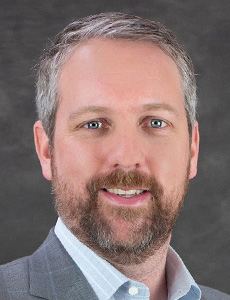
Brendan Qunlan
Senior Vice President
Alliant, San Francisco
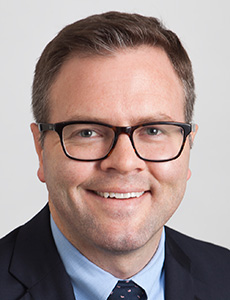
Jason Ricks, ARM, CIC
Senior Broker
Aon, St. Louis, Mo.
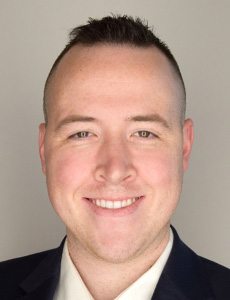
Octavius Smith, Senior Account Manager
Risk Strategies, New York

Quay Stallworth
Regional Director
Gallagher, Brentwood, Tenn.
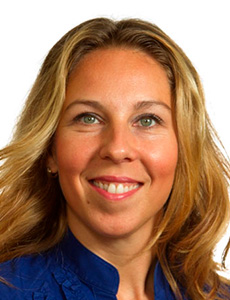
Kremena Vassileva
Vice President
Aon, Atlanta
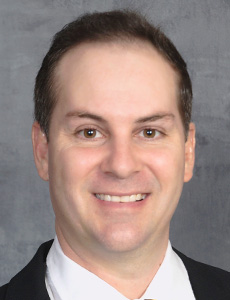
Steve Wagner, ARM, AIS
Vice President Claims Advocacy
Marsh, Chicago
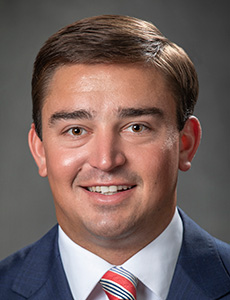
Will Wilson, Jr., CIC
Partner | Risk Adviser
McNeal, Sports & Wilson, Waycross, Ga.
The complete list of Power Broker® winners can be found here.

Finalists:
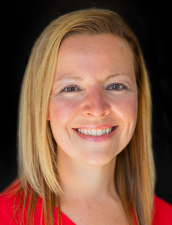
Nicole Carnahan
Director
Aon, New York

Richard Colantuono
SVP & Claim Advisor
Marsh, New York
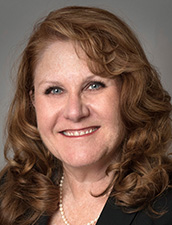
Lori Freedman, CRM
Senior Vice President
Marsh, Austin, TX
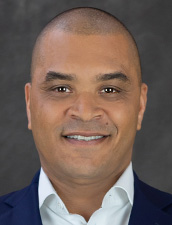
Noah Hardie
Senior Vice President
Alliant Americas, New Orleans
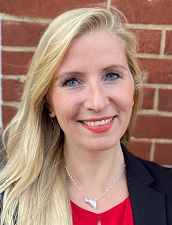
Yoselien Jansen
Director Credit Solutions
Aon, Baltimore
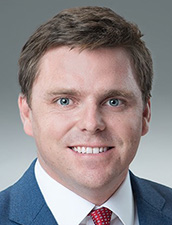
Michael McGinnis, CIC, CRM
Area Vice President
Gallagher, Ridgeland, Miss.

Rudy Milfort
Senior Vice President
EPIC Insurance Brokers, Kew Gardens, N.Y.

Brian Sebold, CIC
Senior Vice President
Aon, Dallas































